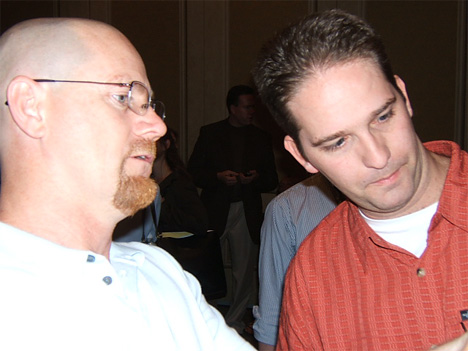Glenn Kelman appeared on NBC. This time, he wasn’t the smartest kid in the class; he imitated Tom Bodett. Greg points out the “Duh” factor in the most recent Redfin Revelation:
Here’s real justice: Someday, an actual reporter is going turn to Kelman and say, “Glenn, you’re the expert. How do you set up a lease-purchase so the buyer doesn’t get screwed? What’s the best way to do seller financing — a contract-for-deed or a carryback? Under what circumstances should a buyer consider waiving inspections?” Just keep on smiling, Glenn. You’re asking for it, and you’re going to get it.
Here’s the problem (to quote Jeff Brown):
They don’t know what they don’t know (the public).
Kelmann is taking the Bodett approach to selling the Redfin USP. Instead of appearing as the bright boy with a rebel streak, he’s approaching this with a folksy twist. The message he’s sending the consumer is compelling:
“Aw Shucks! You don’t need no high fallutin’ REALTOR to sell your house. Just list it on craigslist.org…and leave the light on fer me. A professional REALTOR is a luxury; who can afford that?”
Right or wrong, dangerous advice or not, that message resonates with folks, who are facing the wrath of Countrywide, when they short sell their home. Why pay for sumthin’ that you don’t really need?
Even more astonishing is the trade union’s endorsement of his message. It’s like the Ritz Carlton endorsing Motel 6. (Hat tip to Jeff Kempe)
Redfin will fail. We all know that you can’t exist by selling widgets below the manufacturing cost of a widget. There are only so many investors who will fall for the internet start-up math before A Wall Street analyst cries foul. Their demise, however, should serve as a case study for how NOT to respond to the Trojan Horse.
